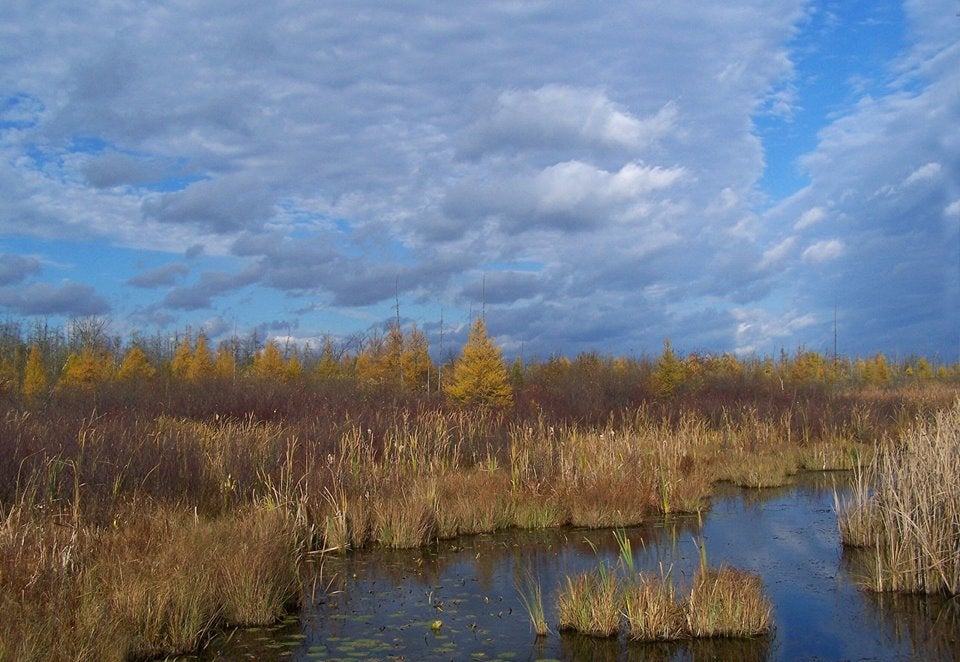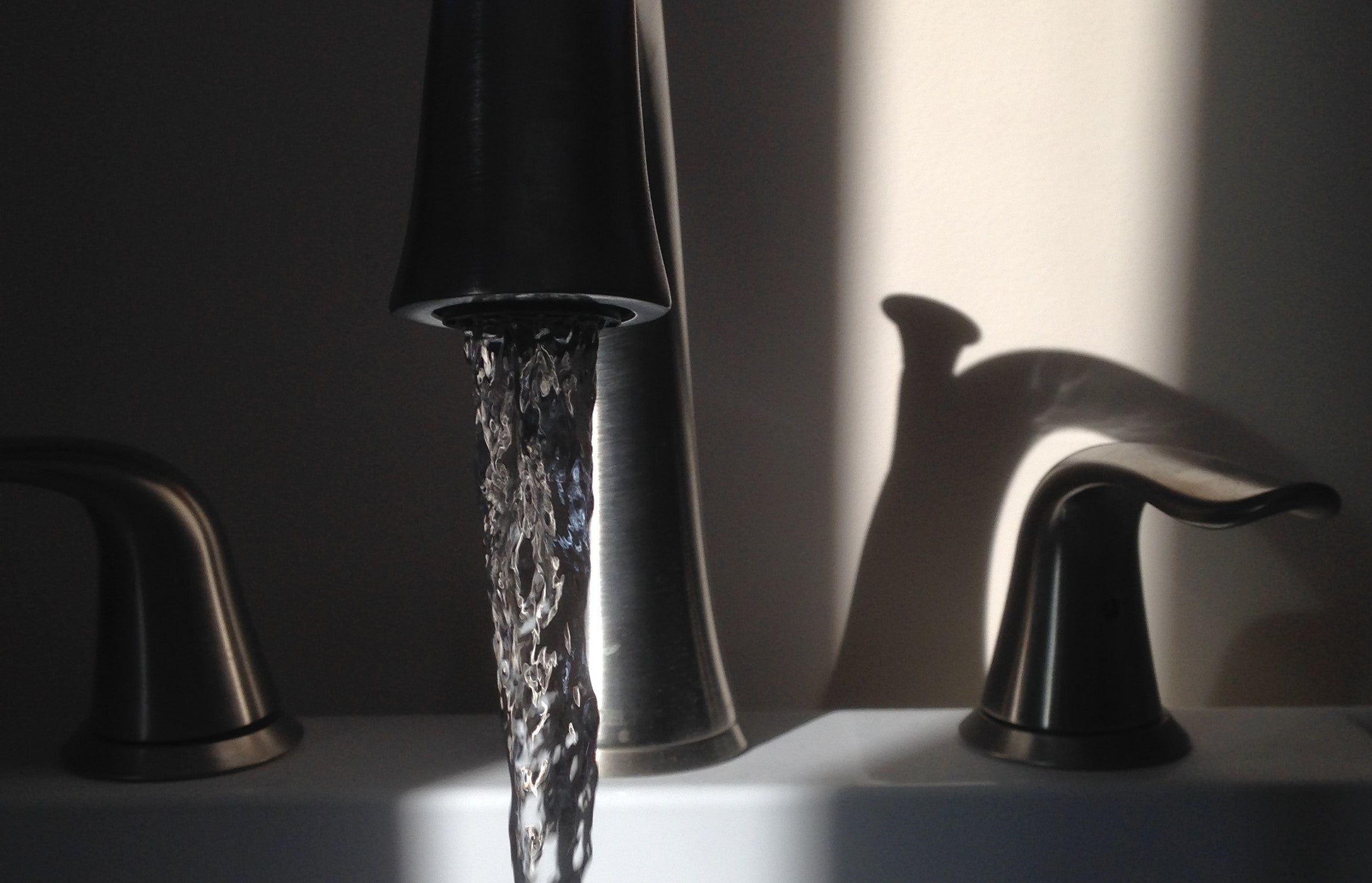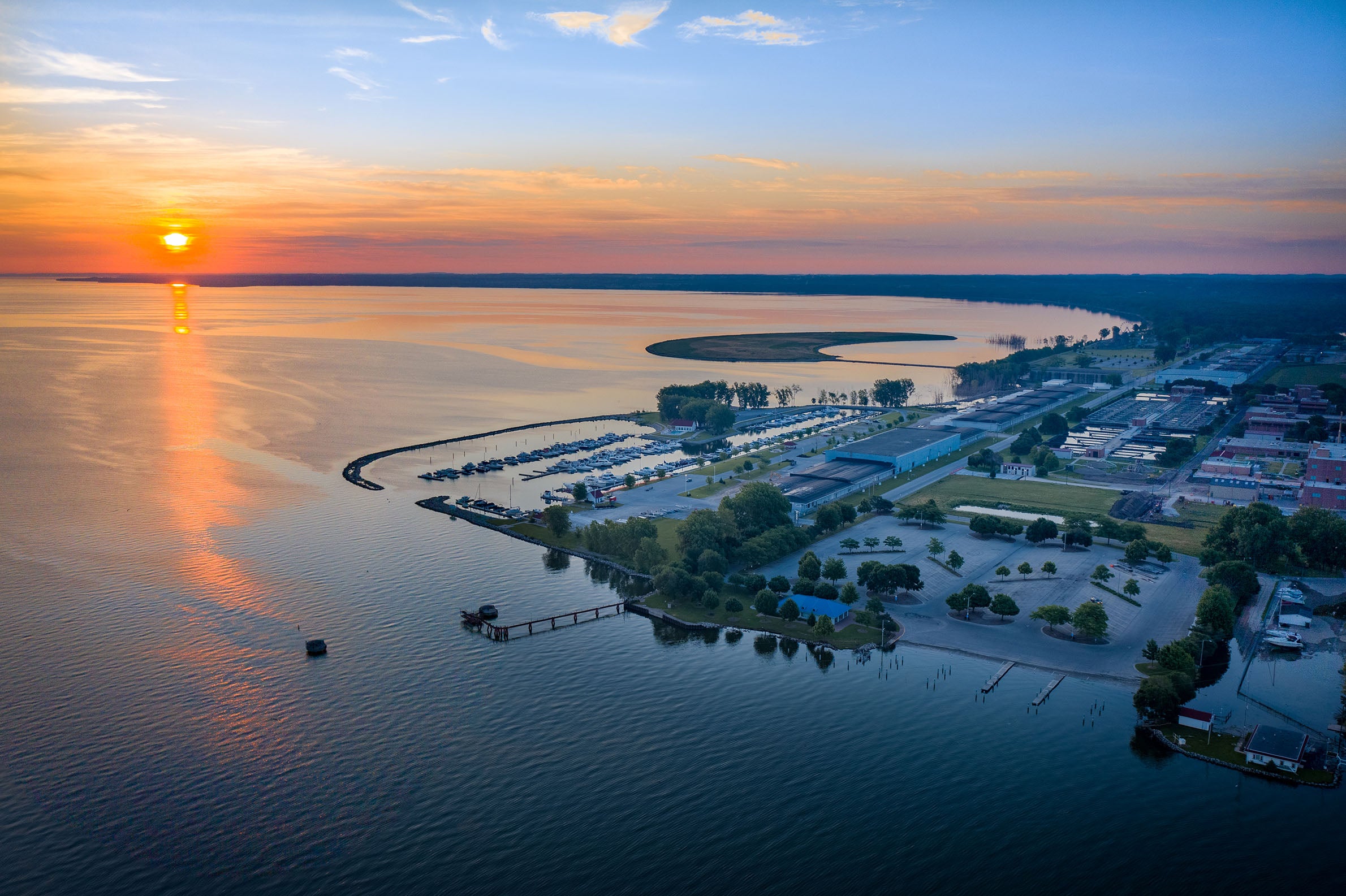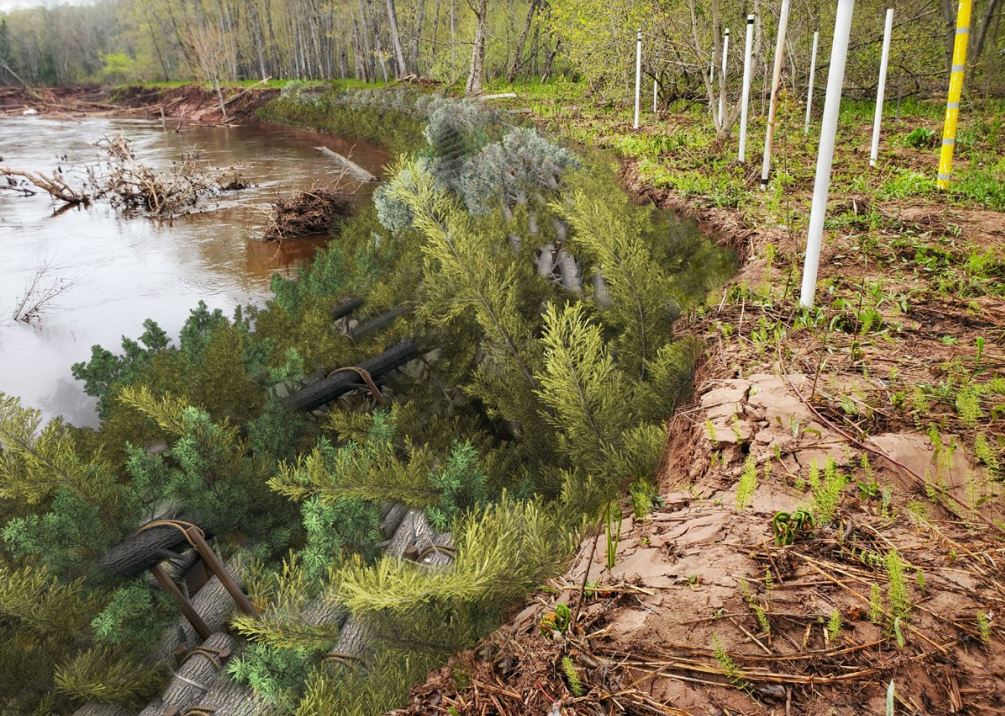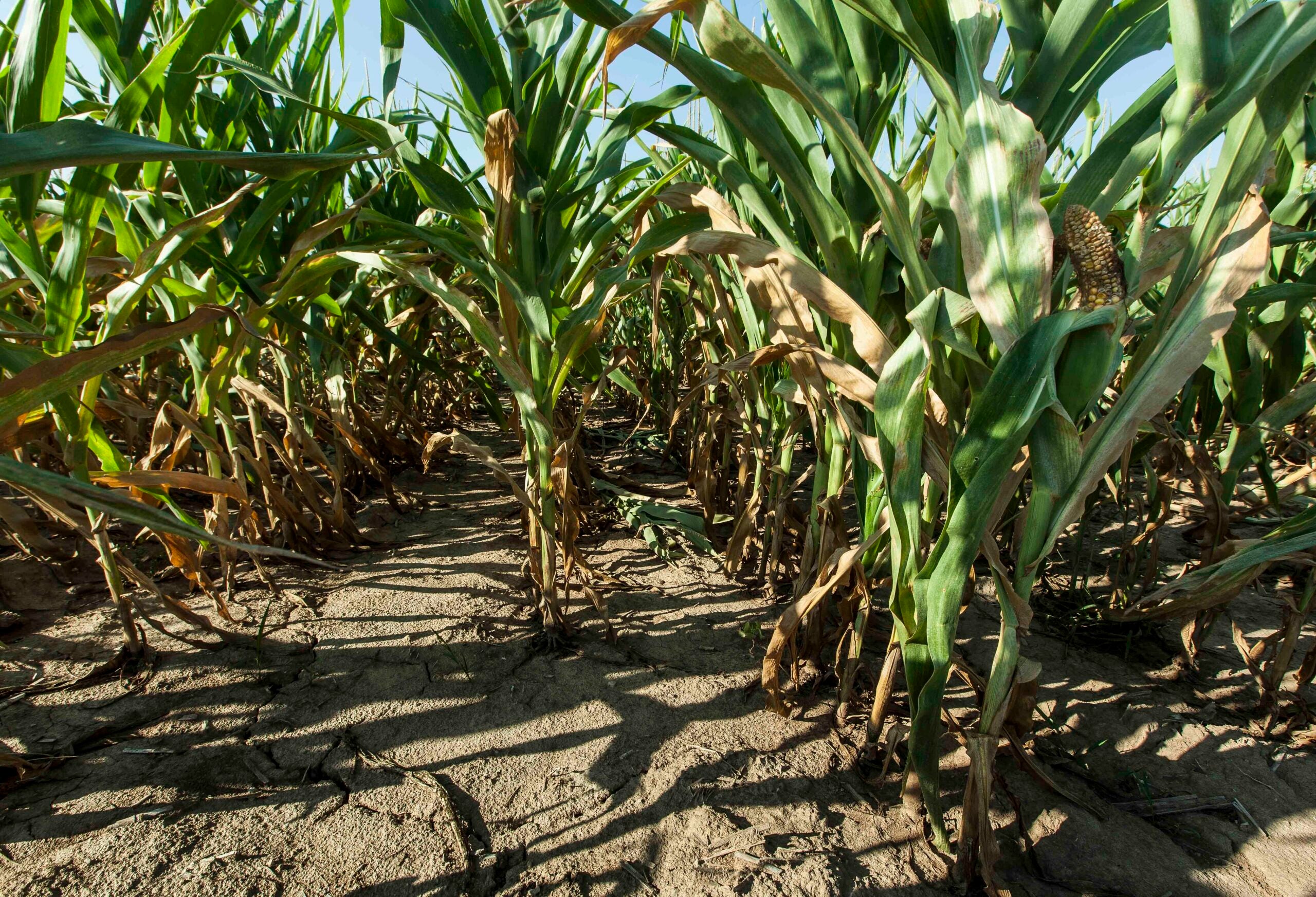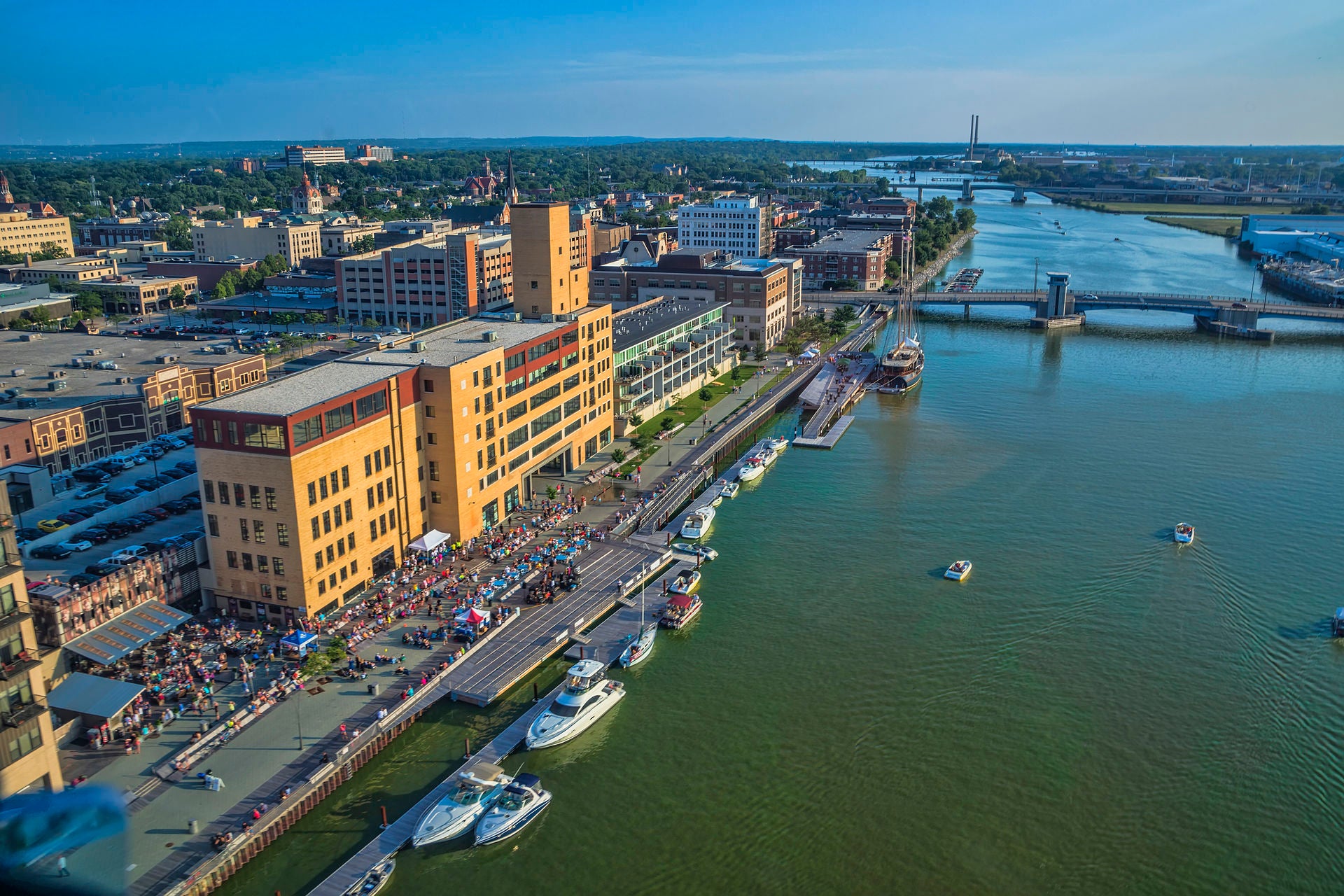The Wisconsin Wetlands Association recently announced the winners of the 2015 Wetlands Awards. Find out what the award winners have done to protect, restore, and promote wetlands in recent years.
Featured in this Show
-
Wetlands Provide Most Value In Terms Of Support Systems, Specialist Says
Wisconsin is home to many wetlands and they are one of the state’s treasures for a few different reasons, according to a pair of wetland advocates.
Katie Beilfuss, outreach programs director for the Wisconsin Wetlands Association, said that the wetlands are integral part of the state’s ecosystem.
“Wetlands are determined by three factors primarily: the type of soil that’s underlying the wetland, the presence of certain kinds of indicator plant species that grow under wetland conditions and the presence of water at or near the surface of the soil for all or some of the year,” Beilfuss said.
When it comes down to the dollar-for-dollar value of natural systems such as prairies and woodlands, she said that “wetlands generally rank among the very highest in terms of the value that they provide to us.” They’re great because they hold water and they also release water slowly, which can be of benefit when floods and storms roll in.
In spring, Wisconsin gets a lot of water from rain and snow melt. The wetlands help to temper the floods and slowly release the water during summer, Beilfuss said.
She said wetlands also are “important for cleaning our groundwater as water filters through the wetlands and down into the replenishing and cleaning water that gets into our lakes, rivers and streams.”
And it’s not only people that benefit from wetlands, but wildlife does, too. A grand total of 75 percent of Wisconsin wildlife depend on the wetlands for some part of their life cycle, she said.
“If they don’t have wetlands for raising their babies, we’re not going to see that population in the long term,” Beilfuss said.
Because there is so much dependent on wetlands, what goes on in surrounding wetland areas becomes extremely important. For instance, mining and potential CAFOs (Concentrated Animal Feeding Operation) could have profound impacts on the water shed. Groups like the Bad River Tribe’s Natural Resources Department exist to protect and manage the wetlands.
“We review projects like that to make sure the best science is used in the review process,” said Jessica Strand, a wetlands specialist from the Bad River Tribe’s Natural Resources Department.
Beilfuss emphasized that using the best available science will help people to understand the decisions and their consequences that could greatly affect the state’s natural resources.
Episode Credits
- Larry Meiller Host
- Cheyenne Lentz Producer
- Katie Beilfuss Guest
- Jessica Strand Guest
Wisconsin Public Radio, © Copyright 2024, Board of Regents of the University of Wisconsin System and Wisconsin Educational Communications Board.

